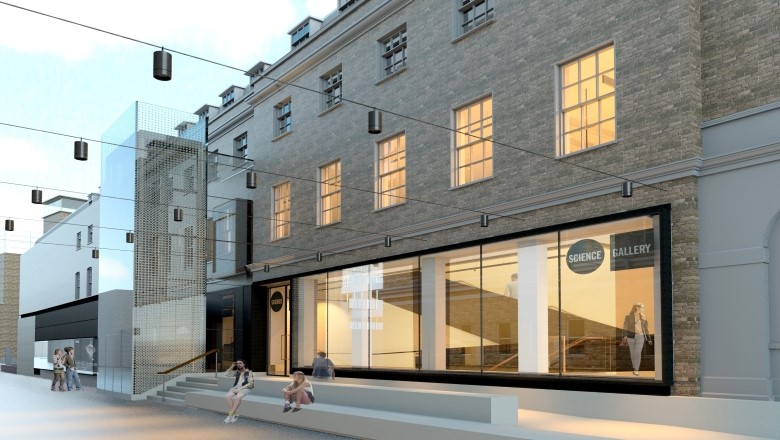In partnership with


CPD Certified Events


The world is changing at an unprecedented pace. Digital technologies are helping small and big companies to transform the way they deliver products, services, experiences, how they build capability and transform the way they work. Designing a suitable digital strategy is about going back to fundamentals, e.g. what is the service that people need as opposed to digitalising what is done already? Digital provides opportunities that people might not have imagined possible 10 years ago. However, all too often people do not understand or cannot visualise the opportunities or how to obtain them. But digital transformation is first and foremost about people! Dr. Juliana Goga-Cooke makes the case for how human centred approach is helping organisations adopt a mindset of empathy, experimentation, radical collaboration and use frameworks that give people processes and methods how to create value for customers, the company and the society.
Jumping Rivers (confirmed))
Anna Wood
Juliana Goga-Cooke
Jumping Rivers
Often when a new technology has its breakthrough; it’s impact is only felt in hindsight. But it's different with AI and ML. Adi will talk about how these technologies will define the interfaces/experiences of the future.
Building digital services that are both customer and outcome focused are massively important to help make the desired savings and cultural changes. Find out how we made huge savings and relentlessly focused on making iterative improvements which contributed to lasting changes.
As one of the largest voluntary organisations in the UK, the British Red Cross is in a unique position to help transform how we enable people to leverage ‘the power of kindness’ to support those in crisis across the UK and overseas. The potential is huge – using digital to transform how we support refugees, help communities prepare for (and respond to) emergencies and support those with acute independent living needs to name but a few. However, we are not immune to the challenges facing other organisations in the sector – legacy tech, restricted funding, and discrete user/funder expectations. Hear about the journey we’re on to both drive the digital transformation of key services and enable the broader changes necessary to meet the increasing expectations of service users.
Adi Chhabra
Rahna Riley
Adam Rowlands
Speaker TBC, Agile Business Consortium (confirmed)
Jisc is a not-for-profit education charity and Govroam is “One of our flagship services” – A roaming network allowing public sector workers to get connected wherever they need to.
While Jisc’s primary mission is to provide ICT to education, the govroam zero touch connectivity service is aimed at the wider public sector of government, NHS and blue light services, and represents a transfer of technology from govroam’s long-established sister service, eduroam.

Science Gallery London connects art, science and health to drive innovation in the heart of the city. The free-to-visit space opened in London Bridge on 21 September 2018. Before our permanent home was ready, we ran a series of experimental, pre-opening seasons in pop-up locations across the King's College London and the city.
The Science Gallery London comprises:
Exhibition Galleries - on the first floor of the gallery is a large exhibition space where exhibitions will principally be shown with additional flexible space on the ground floor. The total exhibition space is circa 500m². Throughout these spaces there is easy access to power, data and lighting infrastructure.
Theatre with adjoining reception area – the theatre seats 150 and has retractable seating offering flexibility for workshops and receptions.
Meeting spaces – the first floor studio offers flexible space for meetings and events with excellent AV in place and catering to suit requirements. If you are interested to know more about private hire visit our hire pages.
Café– the ground floor modern British café overlooks the courtyard provide the perfect spot to relax and meet friends and colleagues over breakfast or lunch.